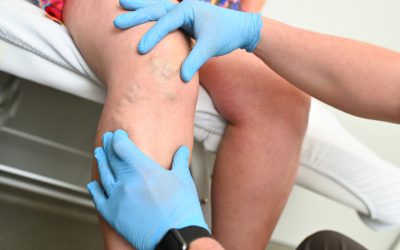There are many different reasons for a patient to be diagnosed with a heart condition that requires the use of a pacemaker. Often it is because the heart is beating irregularly or too fast or too slow. With some people, electric impulses that control the muscles in the heart may be blocked or interrupted and the device is able to simulate those impulses to keep the heart beating in the correct rhythm.
The Basics
There are two different types of pacemakers that can be used. One is an external pacemaker that is usually used for temporary support of the heart. These may be used after a patient has a heart attack or other health issue that has not caused permanent problems with the control of the heart.
The long-term solution is the internal pacemaker. This is a small device that will be positioned just under the collarbone on the left side of the body. It will remain in the body and it is virtually undetectable to the wearer or anyone else. With both options, there are very tiny wires that connect the actual device to the heart.
Powered by batteries, the device generates very small electrical charges to stimulate the heart to beat. This is identical to the signals your body would send to the heart to trigger the sequential pumping action required to circulate the right amount of blood through the body.
The device only sends the electrical signals as needed. In other words, if your own body is keeping your heart on the right rhythm the pacemaker is just there as a redundancy to correct issues with heartbeats that may be too fast or too slow.
Care and Concerns
Your cardiologist will talk to you about caring for yourself after the pacemaker has been implanted. In general, most patients will just need to come in for a checkup with their cardiologist every few months, some only twice a year.
At this time the doctor will check the battery, which will last 5 to 8 years for most people, as well as ensure your cardiovascular system and heart are otherwise healthy.
It is important to understand that pacemakers have changed dramatically. There is no concern about using a cell phone, a microwave or any type of electrical devices unless you are working in industrial facilities where electricity and microwaves are used. Talk to your doctor if this is a concern.
Once pacemakers are implanted and you are approved by your doctor to increase activity, you can lead a very full and normal life. Your doctor will talk to you about signs to watch for that may indicate a problem with the device and just be sure to make an immediate appointment if any of those symptoms should develop.


